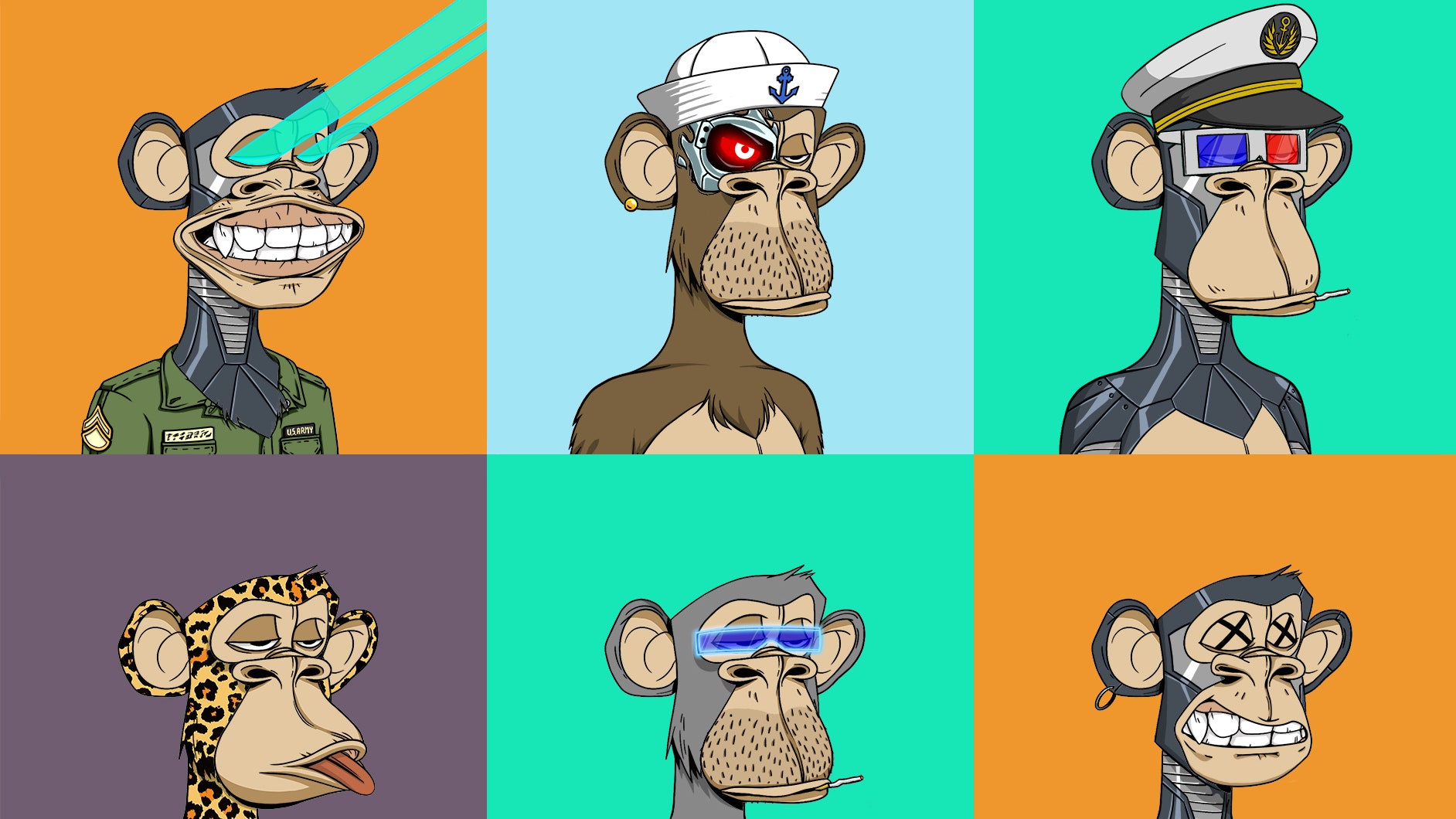He imagined a digital personality, Minorities Promoting Their Cultures a non-fungible token (NFT), that looked like him. Bedi is a turbaned Sikh, a personality associated with Sikhism, the fifth-largest faith on the planet. Bedi visualized a Dallasite Sells TP NFTs platform that would capture the various personalities of his kin and give representation to an under-addressed local area in the metaverse. It would be called MetaSikhs.
Around the same time in Los Angeles, Doaa Alhawamdeh and Karter Zaher were enamored by a similar idea – bringing the NFT world the “primary token” to address Muslims in the Metaverse. They concluded the NFT would be called Hijabi Queens and Bearded Kings.
Also Read: Raises $200M Raised by Immutable NFT Platform

There was no coordination, no idea of the other’s existence, no aggregate development, and yet, in Minorities Promoting Their Cultures, Oren and his better half Rebecca, had also envisioned a strikingly similar undertaking – “the principal Jewish NFT project.” They called it “The Kiddush Club,” an assortment of 3,600 digital art “mensches.”
The couple, who asked not to share their last names out of worry for their privacy, picked the name the “Kiddush Club” since it is also a slang term for Jewish adults who socialize in a pleasant way during or after Shabbat prayer administrations. At their center, the ideas behind these different Minorities Promoting Their Cultures NFT projects are motivated by a similar history of contention.




















Leave a Reply